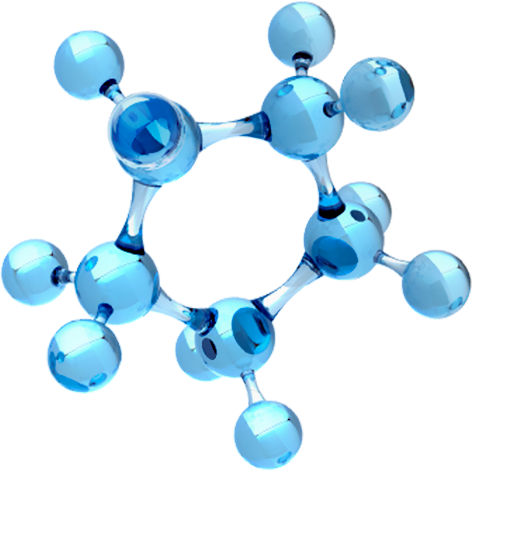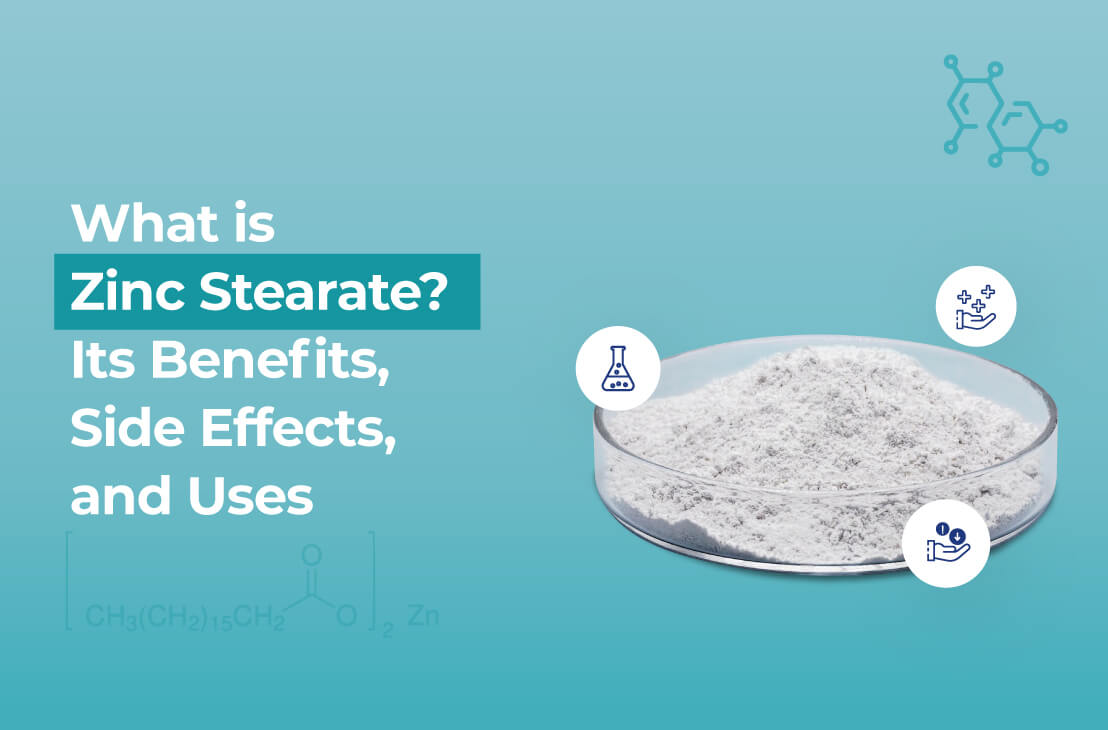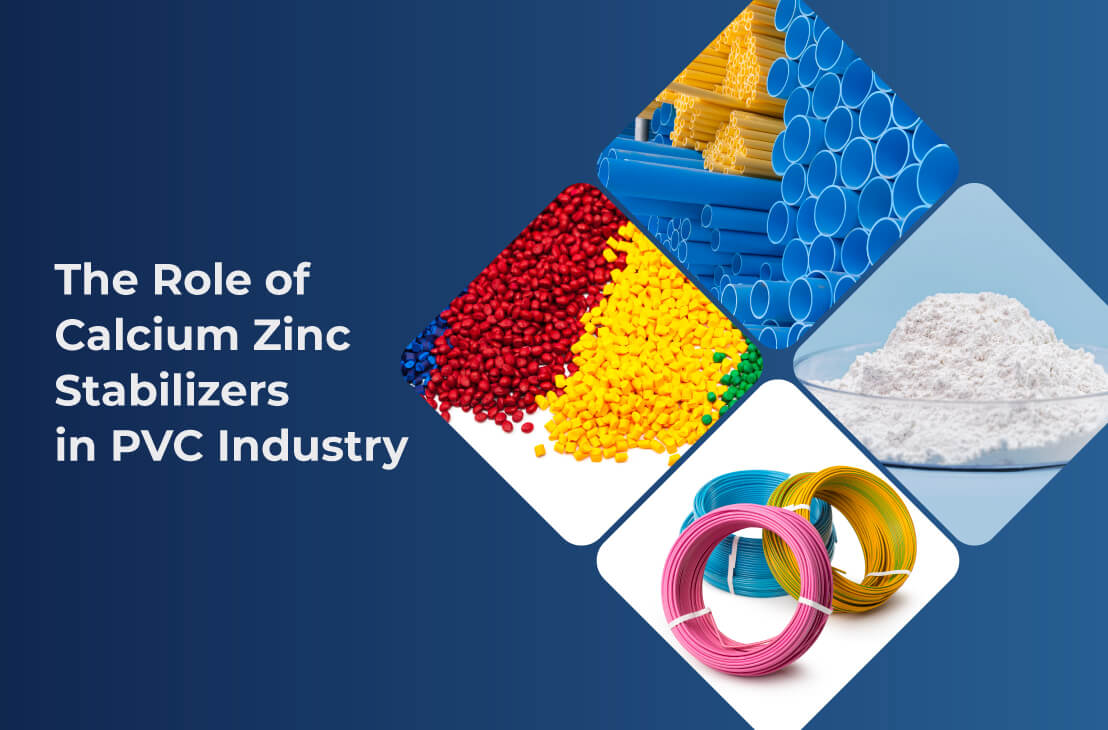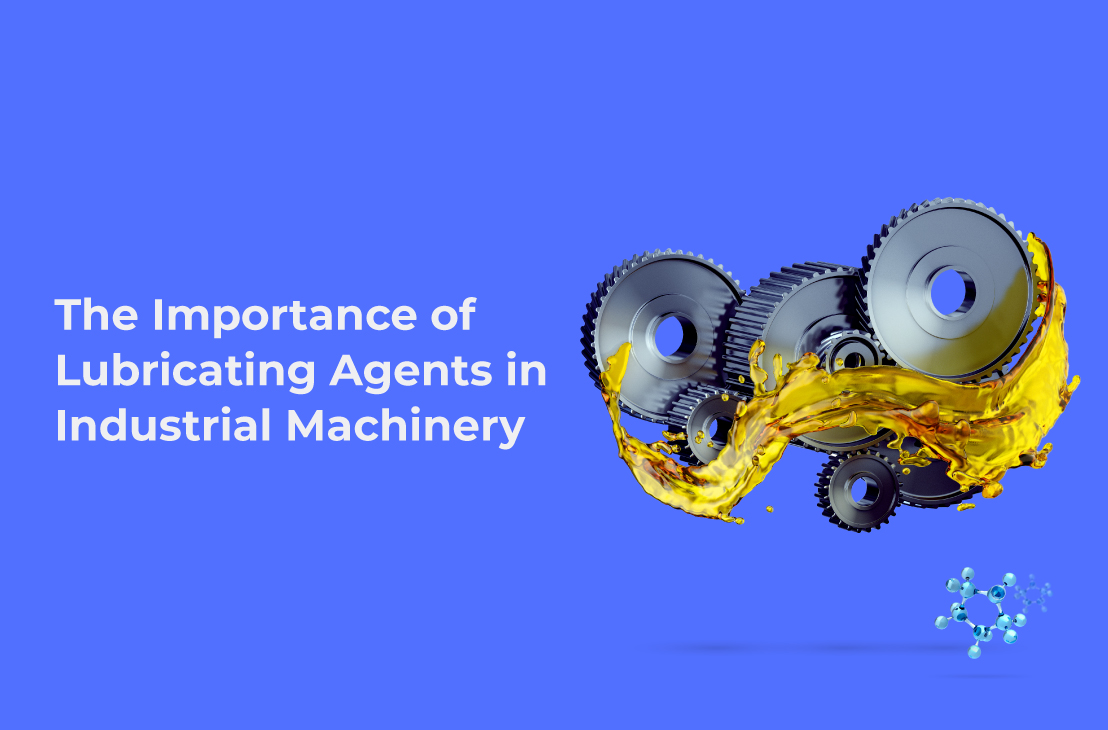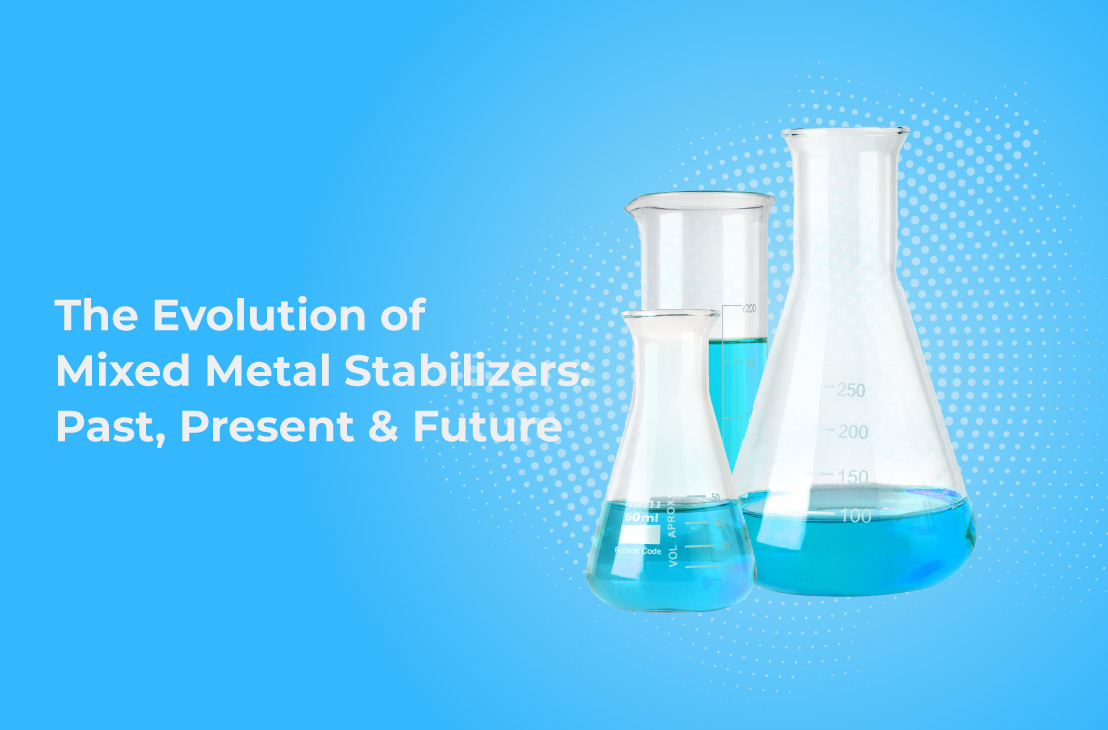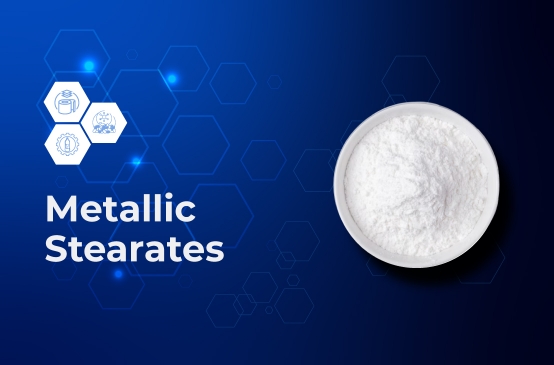The use of Lubrication products has been a basic necessity in the market where multiple big machines are involved, where materials lose their capabilities to work because of the production of too much friction in the area of functioning. Hence, Nimbasia Stabilizers has developed a strong and suitable product to answer all your industrial lubrication requirements, i.e. Nimlub 187. The usage of this material can be a new form of lubricating agent in the market, made with lightweight and efficient materials like Polyperse which help the products work better and make them user-friendly, especially useful in the industry of plastic and lightweight materials, Nimbasia Stabilizers aim to develop sustainable products and industry experts of a kind.
Nimlub 187 Benefits
The benefits of Nimlub 187, a lubricating agent produced by Nimbasia Stabilisers are many, such as:
-
Temperature adaptability
Because of its special formulation, Nimlub 187 succeeds in high-temperature resilience. It is designed to tolerate high temperatures without losing its lubricating qualities or viscosity. This feature is essential for industries that work in hot environments because it keeps equipment from breaking down, minimizes downtime, and guarantees constant product quality. Nimlub 187 is a dependable option for various industrial applications because of its outstanding performance at high temperatures, which is further enhanced by its high flash point. Because of its strong molecular structure, which protects contrary to oxidation and thermal breakdown, it is the perfect choice for seeking industrial processes when heat is a crucial component. Nimlub 187 keeps equipment operating longer and saves a lot of energy by preventing wear and friction at high temperatures.
-
Abrasion resistant in Industrial application
A powerful ally contrary to abrasion in industries with constant wear and tear is Nimlub 187. Its sophisticated composition produces a strong lubricant film that serves as a barrier to protect equipment surfaces from the constant barrage of abrasive particles. Nimlub 187 shows its worth in high-stress settings like plastic processing, where abrasive substances and high temperatures come together. It dramatically lowers the abrasive wear rate, prolongs equipment life, and increases production efficiency by reducing friction and heat generation. This lubricant is a vital resource for any industry looking to increase output, cut downtime, and create high-quality goods because of its resilience to large loads and ability to hold its integrity under stress.
-
Helps in product durability
With PolyPerse added, Nimlub 187 greatly increases the weight and toughness of your final goods. Because of its high flash point, PolyPerse maintains stability at higher temperatures while reducing evaporation as well as degradation during processing. Products that are more robust, substantial, and resistant to deterioration over time are the outcome of this synergy. Because of its increased durability, Nimlub 187 performs better over an extended period, making it the perfect material for applications that demand strength and dependability. PolyPerse provides outstanding advantages that improve effectiveness and performance. Because of its distinct molecular structure, moving parts operate more smoothly and sustain less damage to the machinery. Longer lifespans of equipment and lower maintenance costs are the results of this. Furthermore, PolyPerse's temperature stability guarantees constant lubrication, reducing the risk of malfunctions and enhancing overall dependability. You can achieve better lubrication, increased operational efficiency, and increased process safety by integrating PolyPerse.
-
Less is more
Nimlub 187 drastically lowers the quantity of material required, saving you both money and resources. Because of its superior lubricating qualities, PVC batches operate more efficiently and require smaller doses to get the best results. This makes your operations more cost-effective and sustainable by lowering production costs and conserving raw materials. Nimlub 187 reduces friction and wear during the manufacturing process by increasing lubrication effectiveness, which results in smoother and more reliable production runs. Over time, this decrease in mechanical stress lowers maintenance and repair costs by extending the equipment's lifespan. Furthermore, better lubrication guarantees higher-quality PVC products with fewer flaws and longer durability. By requiring less Nimlub 187, you can streamline your supplier network and operational logistics by requiring less handling and storage. This efficiency increase reduces waste and its negative effects on the environment, supporting a more sustainable manufacturing model.
-
Efficiency in Functions
By dramatically reducing friction among melt polymers and surfaces of metal, Nimlub 187 helps industrial processes save a significant amount of energy. Nimlub 187 facilitates smoother and more efficient operations by lowering the resistance experienced during polymer extrusion and molding. This is achieved by reducing friction. Because there is less friction, machinery runs on less power, which lowers the amount of energy used overall. Your energy bills can be effectively reduced when you select Nimlub 187. In addition to saving money, the reduced energy use also helps to make the production process more ecologically friendly and sustainable. Reduced energy needs translate into fewer greenhouse gas emissions, bringing your business in line with green laws and regulations. Nimlub 187's improved lubricating qualities guarantee that the machinery runs more efficiently and with less damage from wear and tear. This results in longer equipment lifespans and fewer maintenance needs, which further reduces operating expenses and downtime.
Nimlub 187 Side Effects
-
Issue with Compatibility
It's important to take compatibility concerns into account when combining Nimlub 187 into your production processes. While Nimlub 187 is intended to improve lubrication, it may not work with every kind of polymer or processing apparatus. Unexpected interactions may arise from changes in the material's properties, operating environment, and chemical makeup. For example, some polymers might not react well to the additive, which could have a negative impact on the integrity or performance of the material. Likewise, some machinery may not be built to accept Nimlub 187, which could cause malfunctions or damage to the machinery. It is advised to carry out extensive testing and trials using the intended materials and equipment to reduce these risks. Speaking with the producer or a material scientist can help you determine the best usage circumstances and integration, ensuring that integrating Nimlub 187 won't negatively impact the effectiveness or quality of your production processes. Through proactive resolution of compatibility issues, you can optimize the advantages of Nimlub 187 while preserving your business processes and product quality.
-
Material Properties Alteration
Although Nimlub 187 is intended to improve lubrication and durability, using it could unintentionally change other aspects of the finished product. For example, adding Nimlub 187 may change the polymer's flexibility, color, or thermal resistance, which may affect the product's suitability for a given use. Depending on the concentration and usage conditions, these alterations could be minor or substantial. Color changes may have an impact on the material's ability to meet branding or aesthetic standards, while altered flexibility may render it less appropriate for uses requiring high elasticity. Variations in thermal stability may limit the material's use in settings where consistent thermal characteristics are essential by affecting how well it performs at various temperatures.
-
Cost Efficiency
Although Nimlub 187 provides significant long-term savings by lowering energy costs and usage, the initial outlay may be greater than with traditional lubricants. Businesses, especially those operating in highly competitive markets or with limited budgets, may find this upfront cost to be a major factor. Nimlub 187 is more expensive due to its improved properties and advanced formulation, which is indicative of its superior benefits and performance. It is imperative, nevertheless, to evaluate the overall cost of ownership over time. The savings from fewer materials used, less energy used, fewer maintenance expenses, and longer equipment lifespan frequently outweigh the initial outlay. Further improving cost-effectiveness is the possibility of fewer defects and returns as a result of the finished products' increased quality and durability.
-
Environmental negatives
Nimlub 187 must be managed properly in order to reduce any potential environmental effects. The substance could contaminate water and soil sources and cause ecological harm if improperly handled or disposed of. Hazardous materials may be introduced into the environment through leaks, spills, or incorrect disposal techniques, influencing the local flora and fauna as well as possibly affecting human health. Strict environmental regulations and guidelines must be followed for the handling, storage, and disposal of Nimlub 187 to avoid such risks. These environmental risks can be reduced by putting strong waste management and spill response procedures into place and making sure that all staff members are properly trained in handling techniques. You can help create a safer and more environmentally friendly method of using and managing substances in industrial processes by making these practices a priority.
Nimlub 187 Uses
Uses of the Nimlub 187 are simply about the need for this lubricating agent in the industry of manufacturing goods or any other task but in the application context.
-
Plastic Industry Application
By improving lubrication during manufacturing, Nimlub 187 plays a crucial part in the manufacturing process of plastics and polymers. This is especially useful for the molten polymer flow through machinery during the molding and extrusion processes, where there can be a lot of friction. This friction is decreased by Nimlub 187, resulting in processing that is more fluid and effective. More uniform and consistent product quality can be attained with the aid of Nimlub 187, as it enhances the flow properties of the polymer melt. This decrease in friction also lessens wear and tear on the machinery, extending its lifespan and lowering maintenance expenses. Higher throughput and faster production rates can result from better lubrication because the machinery will run more smoothly and with less resistance.
-
Usage in textiles
Nimlub 187 is essential to the textile industry's efforts to process synthetic fibers and fabrics more effectively. Effective lubrication is crucial to the smooth operation of textile manufacturing processes, particularly for textiles made from synthetic polymers, as it helps to prevent wear on equipment and issues like fiber breakage. Processing can be done more effectively by reducing friction between the fibers and the machinery with the aid of Nimlub 187. Because of the decreased friction, fabrics can be spun, woven, and finished more smoothly, leading to the production of textiles of superior quality and reduced defect rates. The lubricating qualities of the chemical also help the finished products have a more uniform and even texture, which improves both their overall look and functionality.
-
Construction and heavy metal industry
Nimlub 187 finds useful uses in the manufacturing of cement and concrete, two major construction material products. Its lubricating qualities improve these materials' processing by lowering friction during the combining and handling of particles and machinery. In the process of making cement, Nimlub 187 makes cement powders more flowable, allowing for more effective blending and less wear and tear on mixing machinery. As a result, the mixture becomes more uniform and homogenous, producing a cement of superior quality with enhanced performance traits. Nimlub 187 helps achieve greater workability and uniformity in the concrete mix during the manufacturing process. It contributes to smoother and more effective mixing processes by lowering friction between the aggregate particles and the mixing apparatus. This can improve the concrete's strength, toughness, and polish.
-
PVC Manufacturing
Nimlub 187 is an essential component in the manufacturing process that improves the productivity and caliber of PVC (polyvinyl chloride) products. PVC is a common plastic used in plumbing, construction, and other consumer goods. For best results, it needs to be processed precisely. With its sophisticated lubricating qualities, Nimlub 187 is incorporated into the PVC production process during the extrusion and molding phases. PVC material is heated and pushed through a die during extrusion to create a variety of shapes, including pipes, profiles, and sheets. Nimlub 187 creates a smoother, more uniform flow by lowering friction between the molten PVC and the metal surfaces of the apparatus. Because there is less friction, less energy is needed for extrusion, which lowers operating costs and lessens machinery wear.
Nimbasia Stabilisers
Nimbasia Stabilisers are the producers and manufacturers of lubricating agents and other necessary chemical goods required for the manufacturing industry of any sort. We take pride in manufacturing new and better variants of available goods in the market and make our purpose to enhance the quality and efficiency of the compounds that are tagged under our brand name. Nimlub 187 is one of the key products of our company and we scope ahead to produce more chemical compounds that are new or even better in all sorts of ways.


